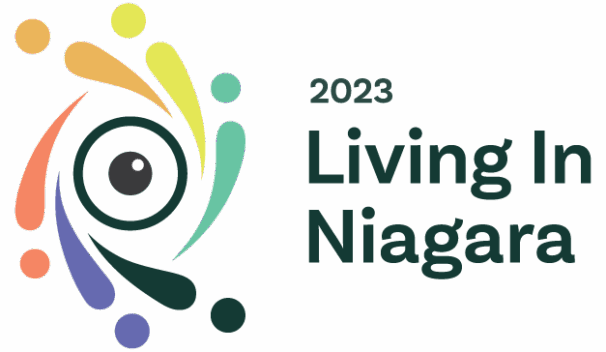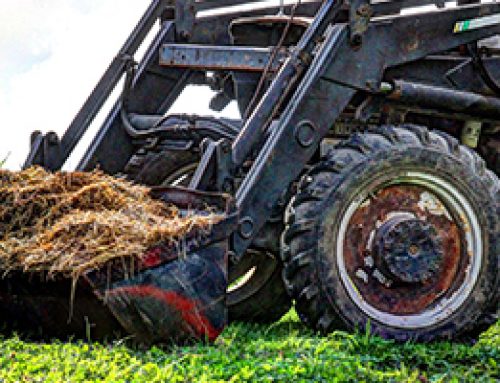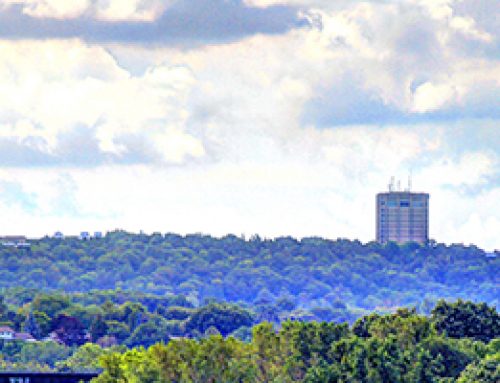Climate Change Planning
Intergovernmental Panel on Climate Change (IPCC) Climate Change 2014 Synthesis Report
The Intergovernmental Panel on Climate Change (IPCC) is the international body for assessing the science related to climate change. The IPCC was set up in 1988 by the World Meteorological Organization (WMO) and United Nations Environment Programme (UNEP) to provide policymakers with regular assessments of the scientific basis of climate change, its impacts and future risks, and options for adaptation and mitigation.
The 2014 report covers:
- observed changes and their causes;
- future climate changes (risks and impacts);
- future pathways for adaptation, mitigation and sustainable development; and
- adaptation and mitigation.
Source: Intergovernmental Panel on Climate Change (IPCC), World Meteorological Organization and United Nations Environment Programme www.ipcc.ch
Retrieved From: http://www.niagaraknowledgeexchange.com/resources-publications/climate-change-2014-synthesis-report-headline-statements-from-the-summary-of-policymakers/
Niagara Region Corporate and Community Climate Change Action Plans
Niagara Region is one of 223 Canadian municipalities belonging to the Partners for Climate Protection Program of the Federation of Canadian Municipalities. In fulfillment of program milestones, a Niagara Region Corporate Climate Change Action Plan was completed in early 2013, with a long-term carbon emissions reduction goal of 10-15% by 2020.
A companion Community Climate Change Action Plan was also released in 2013, with a number of goals to be achieved by 2017. Goals include reducing greenhouse gas emissions and building the community’s resiliency to mitigate, adapt to and prepare for climate change. Mitigation focuses on reducing Greenhouse Gas Emissions; and Adaptation focuses on reducing the risks and maximizing the benefits from anticipated climate change and where possible, taking advantage of opportunities.
Source: Niagara Region
Retrieved From: http://www.fcm.ca/Documents/reports/PCP/Niagara_Region_Community_Climate_Change_Action_Plan_EN.pdf and http://www.niagararegion.ca/council/Council%20Documents/ICP%2022-2014.pdf
Adapting to Climate Change: Challenges for Niagara: this 2012 report was released by the Environmental Sustainability Research Centre at Brock University. It describes how climate is changing in the region; impacts that can be expected in the near future; protective activities underway; gaps to be addressed in order to develop and implement adaptation strategies; and relevant adaptation case studies in other parts of Ontario.
For the future, climate scientists are projecting for Niagara:
- An increase in average annual temperatures of 3-4˚C in the Niagara region by the 2050’s
- Increase in freeze-free days by as much as 30 days in the 2050’s and 50 days in the 2080’s
- A 20% decrease in summer rainfall by the 2050’s
- A continuing increase in freeze-thaw cycles for the next few decades
- Growth in the conditions that give rise to thunderstorms with a likely increase in heavy rains, lightning strikes, high winds, hailstorms and tornadoes.
Although not a climate change in itself, scientists have also noted that water levels on Lake Erie and other Great Lakes have been on a declining trend since 1986. Because of warmer temperatures and reduced ice cover, evaporation is likely to exceed precipitation and lake levels are likely to continue declining.
Source: Environmental Sustainability Research Centre, Brock University
Retrieved From: http://www.niagaraknowledgeexchange.com/resources-publications/adapting-to-climate-change-challenges-for-niagara/
Climate Change Community Action
Greening Niagara
The Greening Niagara (GN) website includes a listing of 20 Community Gardens in 5 areas of Niagara (Fort Erie, Niagara-on-the-Lake, Niagara Falls, Welland and St. Catharines). GN works with partners to facilitate these gardens, for carbon reduction and greater resiliency, citing: consuming local food is the single most effective action that you can take on climate change.
Greening Niagara is a grass roots environmental organization that provides Eco Education and community projects on climate-related issues, to improve resilience in Niagara. GN programs facilitate education-in-action and provide the tools to help people understand how to make lifestyle changes that can create a large and lasting impact on our community and the environment. Tools are offered, that help individuals to reduce carbon emissions and contribute to making Niagara a healthier, economically stronger community. GN collaborates with municipalities, businesses, school boards, faith-based organizations, volunteers, and other community-based non-profits and charities to assist in achieving observable environmental change through local initiatives.
Greening Niagara Current Key Objectives:
- Provide Eco Education for the residents of the Niagara region through workshops, films, tours, panel discussions, workshops, plus school programs
- Increase climate disruption awareness and resiliency
- Reduce carbon emissions through community programs
- Develop climate change mitigation and adaptation strategies with community groups
- Provide food security programs plus urban forest biodiversity
- Build and expand relationships with other organizations
- Provide awareness and action programs that are inclusive
Source: Greening Niagara
Retrieved From: http://www.greeningniagara.ca/
Niagara Sustainability Initiative
Niagara Sustainability Initiative (NSI) is a not-for-profit organization based in the Niagara Region with a focus on advancing environmental and economic performance through the greening of local businesses and municipalities. It is NSI’s goal to provide the opportunity for local organizations to capitalize on a changing consumer landscape, one which demands environmental responsibility and through doing so help the public and private sectors of the Niagara Region contribute to an environmentally and economically thriving community.
The Carbon Project, its flagship program, connects the organizational community across Niagara with tools, resources, and expertise to support and substantiate their sustainability strategies, with public recognition and progress reported throughout.
By joining the Carbon Project organizations across Niagara are plugging into a network of leaders benefiting from embedding sustainability into their operations and gaining a competitive advantage. The following outlines the full suite of services received as a member in the Carbon Project:
• Season of Events
• Carbon Accounting Software
• Supporting Sustainability Resources
• 3rd Party Public Recognition
Additionally, the Crowdsourcing Sustainability project was spearheaded by NSI in an effort to better connect the environmental efforts led by different groups in the Niagara region and to promote, recognize and celebrate local organizations that are making efforts to reduce the impact of their operations. You can learn more about the crowdsourcing sustainability web-based platform at http://crowdsourcingsustainability.com
Source: Niagara Sustainability Initiative
Retrieved From: http://niagarasustainability.org/ and
http://www.niagaraknowledgeexchange.com/resources-publications/niagara-sustainability-initiative-2013-annual-report/
Farmers’ Markets in Niagara
The presence of Farmers’ Markets in our communities is a measure of people’s interest in connecting with locally-grown foods and the people who grow them. A listing on the Niagara Region website includes 11 Farmers’ Markets in Niagara. The list includes 4 that are open year-round (in Port Colborne, Niagara Falls, St. Catharines and Welland); and 7 that are open seasonally, from May or June to September or October (2 in Niagara-on-the-Lake, and one each in Pelham, Jordan, Grimsby, Ridgeway and at Brock University).
Source: Niagara Region
Retrieved From: http://www.niagararegion.ca/government/initiatives/lfap/farmers-markets.aspx
Farmers’ Markets and community gardens are increasingly seen as community assets that can help us to build resilience in reacting to effects of climate change, and in particular help to build food literacy skills and levels of food security among low-income individuals.
Summer, 2014 research done by a University of Guelph researcher who interviewed Farmers’ Markets managers in British Columbia looked at opportunities and barriers to provide low-income individuals with access to fresh, local, healthy foods. A dominant theme emerging was collaboration: with municipalities, for-social-profit agencies, volunteers, businesses and funders, and agriculture/food organizations.
Source: University of Guelph
Retrieved From: http://www.niagaraknowledgeexchange.com/resources-publications/cultivating-community-at-the-farmers-market/








